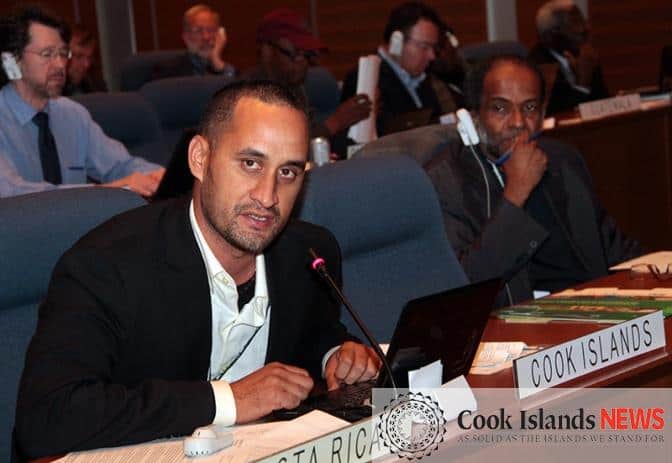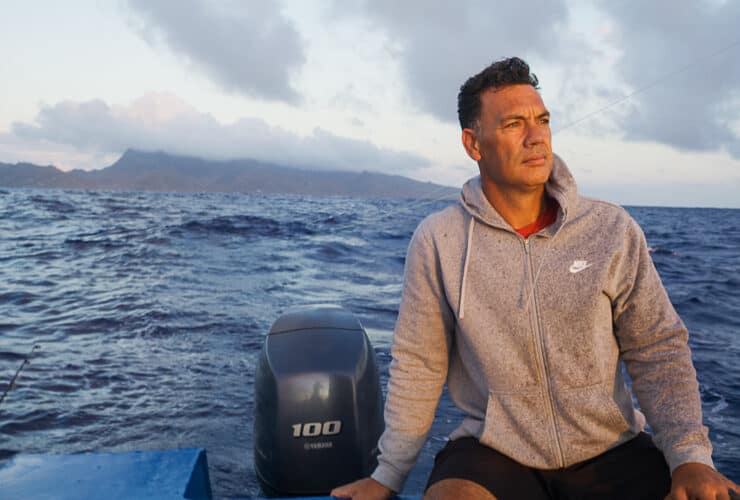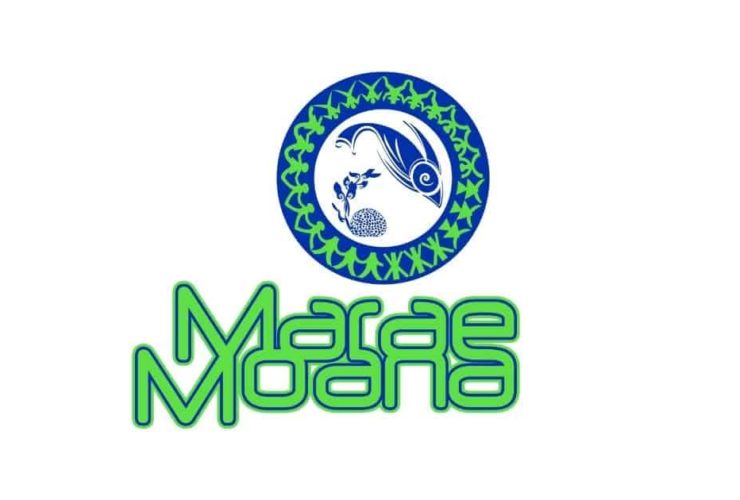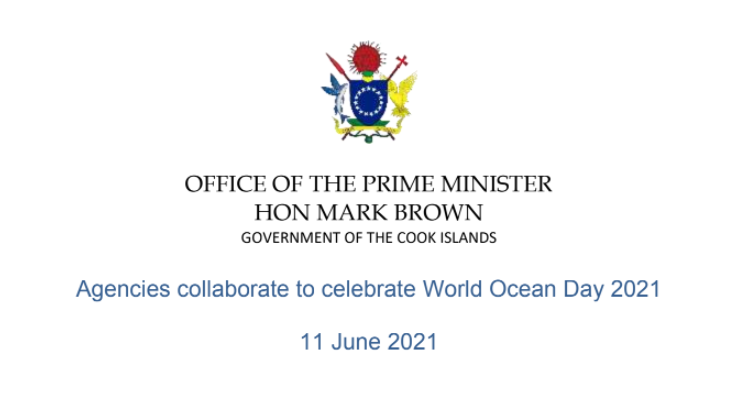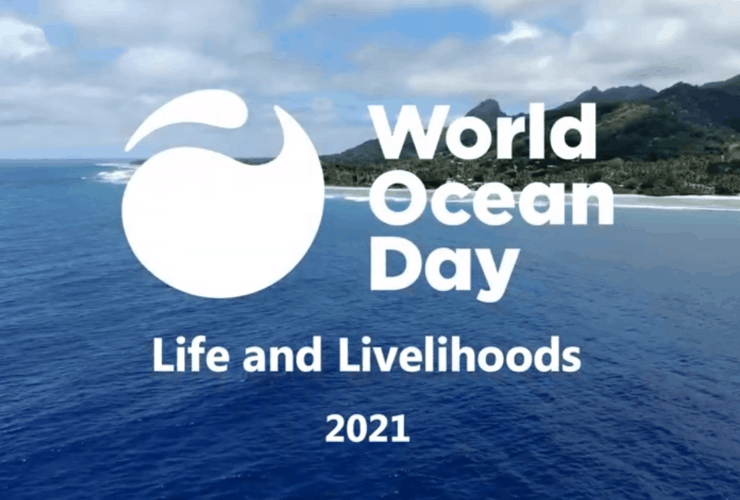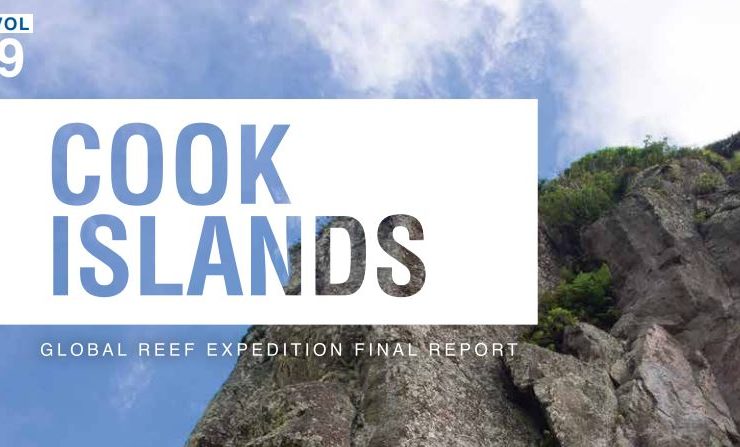Environmental health a challenge
Saturday December 29, 2018 Published in Environment
One of the great ironies of our time is that what we do in pursuit of money puts undue pressure on the environment, but restoring the health of our environment costs money too.
“We have been making progress on developing the economic pillar of society but we often overlook the environment and the social pillars,” says Joseph Brider, director of the National Environment Service (NES).
Many people in government agencies, non-government organisations, and traditional leadership roles who contribute to environmental work and advocacy find government support for this insufficient.
NES is, in Brider’s words, heavily under-resourced. The Marae Moana Coordination Office (MMCO), which coordinates the country’s most ambitious environmental work, has no operational budget and just one full-time staff member. Te Ipukarea Society is tenuously funded.
These organisations depend largely on project funding, which is not conducive to long-term planning. Currently the four-year GEF-UNDP Ridge to Reef project is paying for a significant proportion of expenses to manage and protect the Cook Islands environment.
Thin government support for environmental work is a quandary that resonates for other island nations, including Palau, a country with about as many residents as the Cook Islands but less tourists—122,050 in the last financial year compared to the Cook Islands’ more than 160,000.
Four years ago, in an effort to offset the impact of tourism and development, President Tommy E Remengesau prioritised the work of creating a marine sanctuary in the majority of Palau’s ocean space. Funding became a challenge.
“The big issue in Palau, when it came to creating the sanctuary, was how much in fisheries revenue would be lost,” says Seth Horstmeyer, who worked with President Remengesau in his capacity as director of Pew Charitable Trust’s Global Ocean Legacy.
On the heels of negotiations and thick political opposition, today every tourist to Palau pays a Pristine Paradise Fee—a departure tax of $145, intended to pay for maintaining the country’s environment.
The fee serves as the primary financing mechanism for Palau’s National Marine Sanctuary, which provides full protection for 80 per cent of Palau’s ocean space and will be fully implemented on the first day of 2020.
The road to implementing this sustainable financing mechanism was rocky. When Chinese tourism plateaued after an astonishing increase, Palauan authorities worried that increasing the departure tax by $50 would depress an already waning industry.
This fear, in addition to resistance from the International Air Transport Association, prevented Remengesau from meeting his target implementation date of April 1, 2017.
The president asked Congress for a delay, noting that because “global market activity (is) affecting dollar values across our top tourism markets in Asia including Japan, the Republic of China (Taiwan), Korea, and the People’s Republic of China, it would be wise to hold off on the (fee) for now until more positive indicators of inbound tourism from Asia convince us otherwise”.
Visitor numbers soon picked up and since January 1 of this year, every airline ticket to Palau has included the Pristine Paradise Fee. Ten per cent goes to the Fisheries Protection Trust Fund, $12.50 to state governments, $25 to the maintenance of the airport, $30 for the Protected Areas Network (which manages nearshore and land-based areas), and $22.50 to the national treasury.
Exemptions are granted to children under three, medical referral patients and those accompanying them, airline pilots and crew, diplomats, and transiting passengers. As there is no way to differentiate, in an online purchase, between a Palauan and a tourist, locals take their tickets to the airport or treasury office in town for a cash refund after travel.
Visitors to the Cook Islands pay a departure tax of $71.77, also hidden in the cost of airfares. Once upon a time, the fee was reserved for environmental initiatives but now, according to a spokesperson at the Ministry of Finance and Economic Management, it goes into the general budget.
Sue Fletcher-Vea says the Cook Islands Tourism Industry Council, the organisation of which she is president, opposes a fee like Palau’s not because it undervalues environmental work, but because of concerns about potential mismanagement.
She says the council would prefer to directly support programmes like Mana Tiaki, the Cook Islands Tourism office’s campaign to protect environment and culture, as well as local environmental non-profit organisations.
“To charge visitors a fee is not something we would support as an organisation for various reasons, one being that the amount of income coming into the country from tourism is significant and this should be put back into environmental initiatives like recycling, infrastructure, water reticulation, things like that,” she says.
“How would we know it would go toward what it’s intended for? We have discussed this at an executive level and we don’t feel charging visitors an environmental fee is fair at this stage.”
Metua Vaiimene, director of destination development at Cook Islands Tourism, acknowledges that there may be room to implement a tax system like Palau’s, but believes much needs to change first.
“Yes, we support an environment tax, but not until government fixes up the way that environment is currently run and reviews the way it is funded,” he says.
“Then they can tax the tourists some more. We have to be careful, though, not to raise the cost too high; otherwise, we will tax ourselves out of the market.”
He, too, points to the Mana Tiaki Programme, a voluntary scheme designed in accordance with research that shows visitors are willing to contribute to campaigns “conducted in a transparent and non-intrusive way”.
Evans is clear that any environment fee would need to be managed with the highest degree of transparency.
“The Marae Moana Policy requires that annual reports and financial records for any sustainable financing mechanism would need to be public documents,” she says, noting that any financing mechanism must have a governing body that is diverse and participatory and includes financial/economic and/or business expertise.
Because of his experience in Palau, Horstmeyer believes quelling fears about an increased tax deterring tourists is possibly as simple as doing some surveys.
“I think you could probably just assess people exiting to see if they’d be willing to pay an additional fee with the understanding that the money was going toward making sure the Cook Islands remains a beautiful place, which is the reason they’re there in the first place,” he says, noting that for people travelling to Palau, which is not a cheap destination to visit, $100 isn’t enough to break the bank. It is, on the other hand, a significant boost to the work of the National Marine Sanctuary.
“When there’s more money,” he says, “you can be more creative with solutions.”


